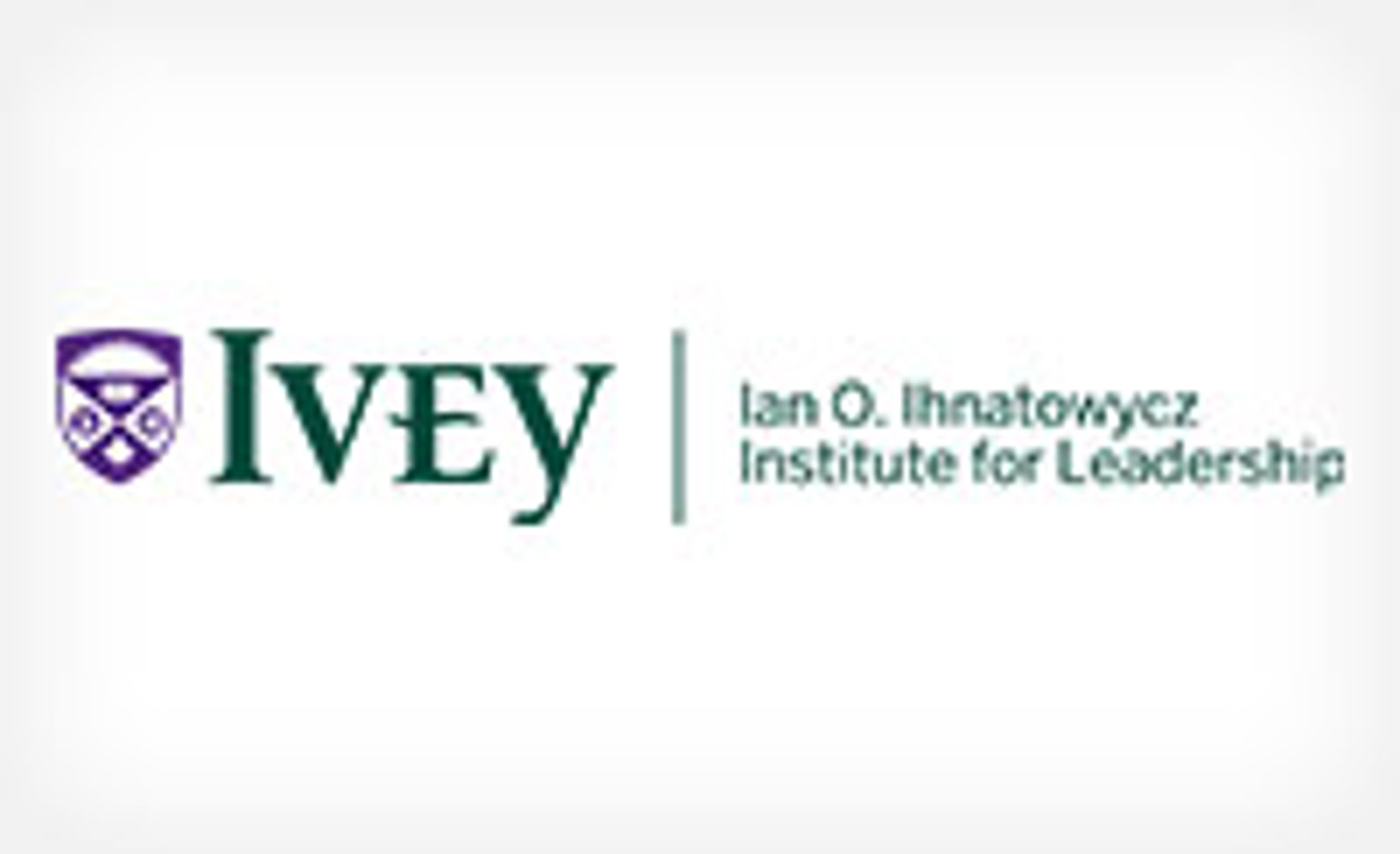What aspects of a person are indicative of moral character and how do these traits influence unethical and ethical work behaviours? We investigated these questions in the Work Experiences and Character Traits (WECT) project—a three-month diary study that explored how moral character, emotions, and treatment by managers and coworkers affected the frequency with which employees engaged in counterproductive work behaviour (CWB) and organizational citizenship behaviour (OCB). Over the course of three months, 14 surveys were administered to a sample of more than 1,500 adults from across the United States who worked in a diverse array of occupations in the private and public sectors. A coworker survey assessed coworkers’ judgments of the targets’ moral character traits, as well as their observations of the targets’ work behaviours. We analyzed 22 individual difference variables to identify traits that are most and least relevant to moral character. Our results challenge the notion that Moral Reasoning and Emotionality are critical determinants of moral character, and instead suggest that traits that involve consideration of others (e.g., Empathby, Perspective Taking, Guilt Proneness, Honesty-Humility, low Machiavellianism), self-control and concern for the future (e.g., Conscientiousness, Self-Control, Consideration of Future Consequences), and desire for a moral identity (Moral Identity-Internalization) are of greater consequence. Employees classified as low in moral character based on their self-reports of these traits committed CWB more frequently and OCB less frequently than employees classified as high in moral character, according to their own admissions and their coworkers’ observations. By showing robust relationships between individual differences and work behaviours, controlling for a host of demographic and organizational characteristics, this research contests situationist perspectives that de-emphasize the importance of personality for predicting behaviour. Moral people can be identified by self-reports in surveys, and these self-reports predict important work behaviours three months later.
REGISTRATION CLOSED
